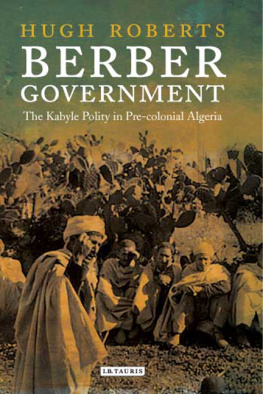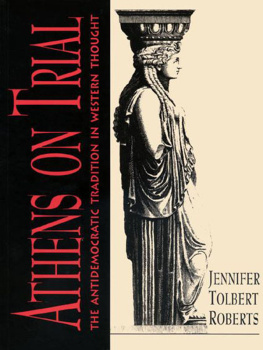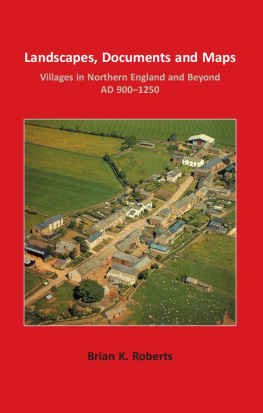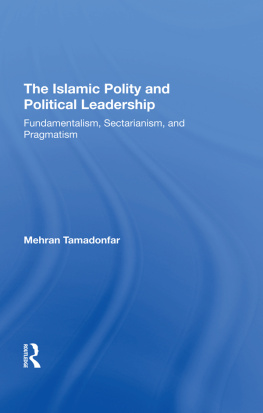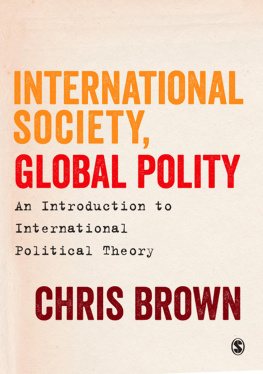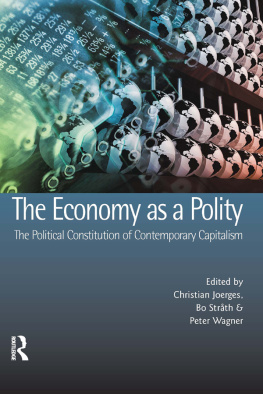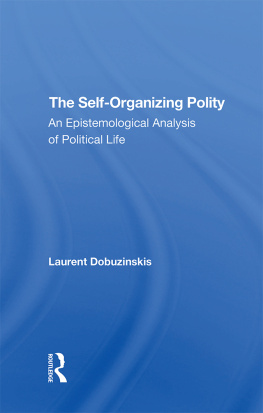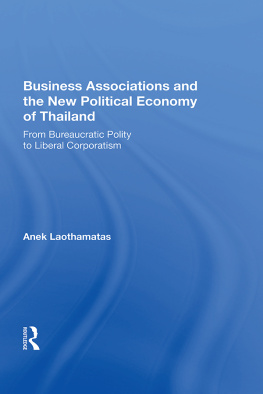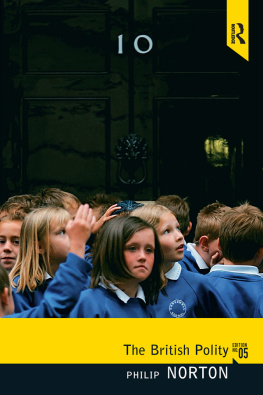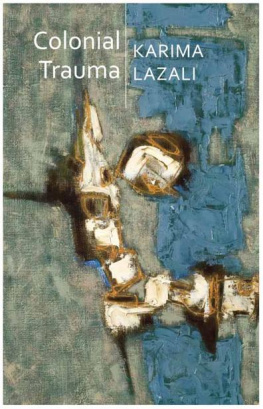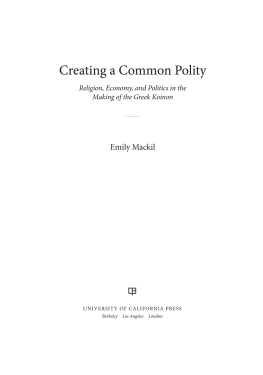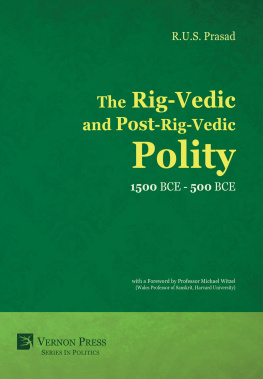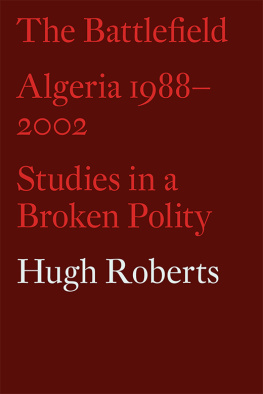Published in 2014 by I.B.Tauris & Co. Ltd
6 Salem Road, London W2 4BU
175 Fifth Avenue, New York NY 10010
www.ibtauris.com
Distributed in the United States and Canada Exclusively by Palgrave Macmillan
175 Fifth Avenue, New York NY 10010
Copyright 2014 Hugh Roberts
The right of Hugh Roberts to be identified as the author of this work has been asserted by the author in accordance with the Copyright, Designs and Patents Act 1988.
All rights reserved. Except for brief quotations in a review, this book, or any part thereof, may not be reproduced, stored in or introduced into a retrieval system, or transmitted, in any form or by any means, electronic, mechanical, photocopying, recording or otherwise, without the prior written permission of the publisher.
Library of Middle East History: 14
ISBN: 978 1 84511 251 6
eISBN: 978 0 85773 689 5
A full CIP record for this book is available from the British Library
A full CIP record is available from the Library of Congress
Library of Congress Catalog Card Number: available

Hugh Roberts is the Edward Keller Professor of North African and Middle Eastern History at Tufts University. He previously held the position of Director of the International Crisis Groups North Africa Project and is the author of The Battlefield: Algeria 19882002 .
To Salah, Ibrahim and Amar Oumohand, their families,
and the people of Ath Waaban
and in memory of
Dr W.W. Cruickshank, Head of Classics at St Pauls School, London,
and David Montgomery Hart
I have also tried to show that social relations really exist only in and through the ideas which are current in society; or alternatively, that social relations fall into the same logical category as do relations between ideas. It follows that social relations must be an equally unsuitable subject for generalisations and theories of the scientific sort to be formulated about them. Historical explanation is not the application of generalisations and theories to particular instances; it is the tracing of internal relations.
Peter Winch, The Idea of a Social Science , 133
Contents
Preface
This book has its origin in a discovery I made while carrying out fieldwork in the Jurjura mountains of Kabylia in the summer of 1975 and it can be seen as a development of the vision of Kabylia and the view of the scholarly literature on Kabylia which I stated in necessarily summary form in the thesis I submitted to Oxford University in 1980.
The discovery I made was that central features of Kabylias traditional socio-political organisation continued to have significance in independent Algeria. Not only traditional solidarities but also traditional institutions and practices still played a role in the political life of the region, despite the changes in the political and socio-economic context since the end of the colonial era, and the evidence I found suggested that the Algerian authorities were taking these realities into consideration in their approach to governing the region. This discovery triggered several trains of thought.
One of these concerned my understanding of the Boumedine rgime, the FLN state and the Algerian political elite. Finding that the regime was treating the political traditions of the countryside with a measure of respect, I decided that it was a mistake to conceive of the regime and the state as standing in clear-cut opposition to the conservative tendencies in the society. The notion of a conflict between a radical modernising government and a conservative and tradition-bound society seemed misconceived. On the contrary, I came to the conclusion that the regime itself had conservative as well as modernising impulses, that the FLN state itself was partly founded on and informed by some at least of Algerias longstanding political traditions, and that the national political (including military and administrative) elite was also animated in part by these traditions and the patterns of behaviour they impelled.
The second and third trains of thought concerned the character of Kabyle society and led in different directions. My fieldwork in Greater Kabylia had suggested to me that the society of the central Jurjura that is, of the districts of An el Hammam and Larbaa nAth Irathen was an unusually politicised society. forms a key element of the argument of this book and will be discussed in depth in subsequent chapters.
The third train of thought led me into a disagreement with the late Ernest Gellner, who pioneered the application of Evans-Pritchards segmentarity theory to the Berber populations of the Maghrib. My discovery that some of the traditional political institutions of Kabyle society still featured in local political life led me to suppose that they had also played an important role in the pre-colonial period and that the political organisation of pre-colonial Kabylia involved institutions and not merely the balance and opposition of kinship groups and the mediating role of saintly lineages that were the central elements of Gellners model. I concluded that the segmentarity theory of Berber political organisation did not really apply to Kabylia. In addressing this issue in my doctoral thesis, I did not claim that my findings refuted Gellners theory; I was willing to accept that his model applied to the populations of the Central High Atlas in Morocco and very possibly to other Berber populations. I suggested simply that Kabylia was different, and that, if Gellners model defined the rule, Kabylia was an exception to it. The impression I had during the examination of my thesis in 1980 that Gellner had accepted this point turned out to be mistaken, however. In an article published in 1985, he made it clear that he considered that this theory applied to Kabylia as much as anywhere else. I accordingly decided that I had not made the case for my view of the matter sufficiently thoroughly in my thesis and that it was necessary to do so in depth.
The book I set out to write was begun in the autumn of 1989, when four chapters, in which I provided a reconstruction of the Kabyle polity as this existed at the moment of the French conquest, were written. These chapters, discussing in detail the economic life, settlement patterns, system of law and , offers an account of the history of Kabylia during the Ottoman period, in an attempt to explain the historical development of Kabyle political organisation. I had not done all of the research necessary for these chapters by the time I began the book in 1989, and I had no opportunity to undertake this for many years. From 1990 onwards, I was obliged, in order to make a living as a freelance writer and consultant, to give my complete attention to the political crisis in Algeria and it was only in 2002, following the at least provisional re-stabilisation of the Algerian state, that I could consider this crisis was over. By then I was working for the International Crisis Group as director of its North Africa Project and it was only after leaving ICG in 2007 that I had the time to undertake the additional research and writing needed to complete this book.
The new interpretation of the Kabyle polity put forward in this book is not based on my exploitation of a previously unknown goldmine of archives and the claims I make for the second part of the book in particular, in which I have sought to open up new lines of thinking and enquiry, are necessarily tentative. I have long worked on Kabylia but am not an Ottoman specialist, and the circumstances in which I wrote this book, without the benefit of connection to any academic institution or any financial support, precluded research in the Ottoman archives. Since the Ottomans never governed the Igawawen, I am not sure that this seriously vitiates my arguments; I suspect that if there are important archives still to be explored, they are those of the major zawy and saintly lineages in Kabylia itself. Now that Algeria has begun to produce some Ottoman specialists of its own, it is to be hoped that they will turn their attention to Kabylia and manage to tap whatever primary sources remain to be tapped. In developing the ensemble of hypotheses I have put forward about the history of Kabylia since 1509, I have relied on the existing literature in all its variety and my own fieldwork, supplemented by consultation of the French archives in respect of the population of the central Jurjura during the early colonial period, plus a range of other sources, including the Algerian press and the internet. The work of piecing this information together has been oriented by the knowledge of Kabylia I have acquired in the field. I have conducted research in Kabylia in 1972, 19734 (when I spent a year teaching English at Boura on the southern edge of the region), the summer vacations of 1975 and 1976, NovemberDecember 1983, and during shorter visits in 1992, 1997, 1999, 2003, 2006, 2011 and 2012. In addition to the main towns, I have stayed in the following villages: Ath Waaban (repeatedly, in 1975, 1976 and 1983), Ath Wahlan, Darna, Iferhounen, Ikhelouien, Isikhen ou Meddour and Tigzirt (Ath Yenni) and the township of Souq el-Jemaa. I have also visited Agouni Gueghran, Ath Abbas (Ath Wasif), Ath Agad, Ath Hawari, Ath Hichem, Ath Lahcne, Ath Larbaa, Ath Mislaen, Ferhoun (Akfadou); Guenzet (Ath Yala); Ighil Bouchen, Irjaounen nBour, Irjaounen nTecht, Jemaa nSaharij, Mezwara (Akfadou), Selloum, Tamjjout, Taourirt Mimoun, Tifilkout, Timeghras and Werja.
Next page
